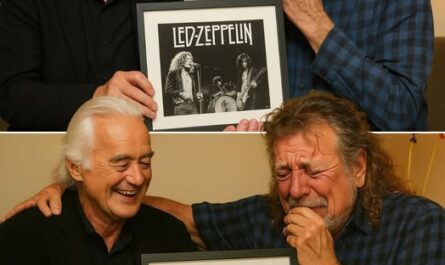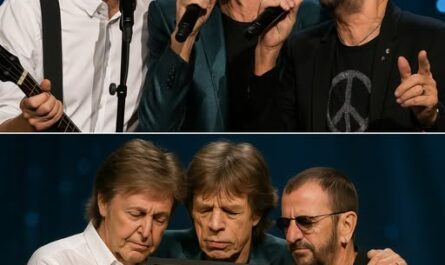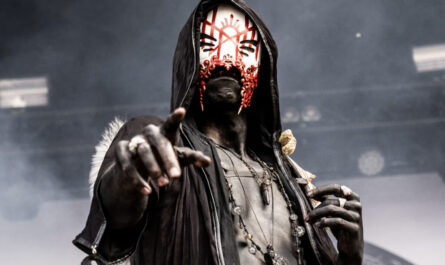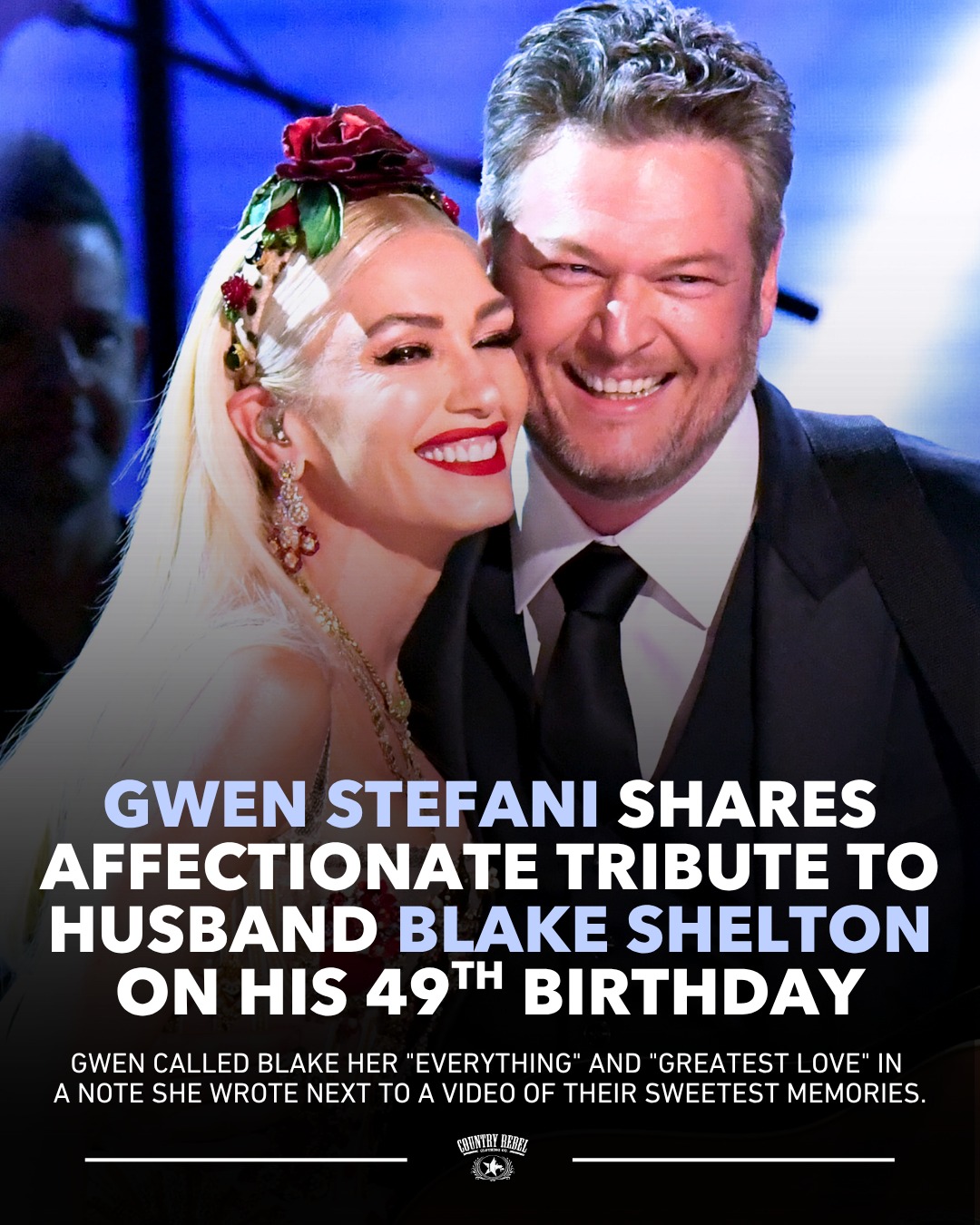Neil Peart was never meant to be the kind of showman that all of his heroes were.
Despite having one of the single hardest jobs that any drummer has ever put on themselves, his work with Rush is among the greatest drumming accomplishments that any percussionist has ever been a part of. But for all of the accolades that the power trio have garnered over the years, Peart had a lot of learning to do before he started grappling with what the mainstream was supposed to be.
From day one, no drummer is exactly meant to be the centre of attention at the back of the stage, but in a band like Rush, it’s hard to avoid. Peart was the proud owner of one of the single biggest drum sets that the world had ever known, and since he managed to hit every single piece of the kit before the night was over, listening to his drum solo was the equivalent of anyone trying to do advanced geometry while on a unicycle going 200 miles an hour.
That would be enough for anyone to want to bow out for a little while, but even that level of musicianship didn’t matter when you still had to put on a show. And judging by the threads that the band rocked during their time together, it’s not like they exactly knocked it out of the park by any means, either. The kimonos were definitely an odd fit for them, but they did at least have a few teachers when working with a band like Kiss.
Which is strange because they both exist on two opposite ends of the musical spectrum in many respects. Despite their massive stage getups, Kiss is about one of the most normal rock and roll bands if you look at the music itself, whereas Rush was a mix of everything from Zeppelin to Yes to Pink Floyd to even The Police once they reached the 1980s.
But for a group that was all about showmanship, Geddy Lee admitted that the shock rock icons showed them the ropes of touring when they took them out on tour. There was no way that Rush would have the same impact opening for Kiss, but while Peart had a lot of fun hanging out with Ace Frehley and Peter Criss behind the scenes, he admitted that he had a lot of issues looking at Rush’s fanbase.
Despite the fact that Kiss Army might be one notch below a cult, Peart couldn’t get around the manufactured side of the group, saying, “We would hear them give the same rap to the audience every night. ‘This is the greatest rock city in the world, man!’ That was creepy. I despise that cynical dishonesty. I don’t want to knock them. But once I was in a little restaurant in Kansas, and a guy with Kiss Army tattoos kept playing Kiss songs on the jukebox. He believed in a marketing campaign, swallowed it as religion. He was like a convert to Scientology.”
That probably explains why some of the band members didn’t exactly understand the direction that Rush were going in during their prime. It already takes a lot for anyone to fathom what’s going on in Caress of Steel, but a musician as concerned with the catchy three-minute single as Paul Stanley was, it makes sense why he would have such a cold reaction to the record when his friends played it for him.
But that might be more from Peart being able to relate to the audience in a far more honest way. He wanted to make sure that everyone at a Rush show knew that they weren’t being bullshitted, and even if not every album was a smash hit by any means, Peart closed the door on his musical career knowing that his band had left a spotless track record as legends in their field.
Related Topics
Kiss
Neil Peart
Rush
Related Articles





